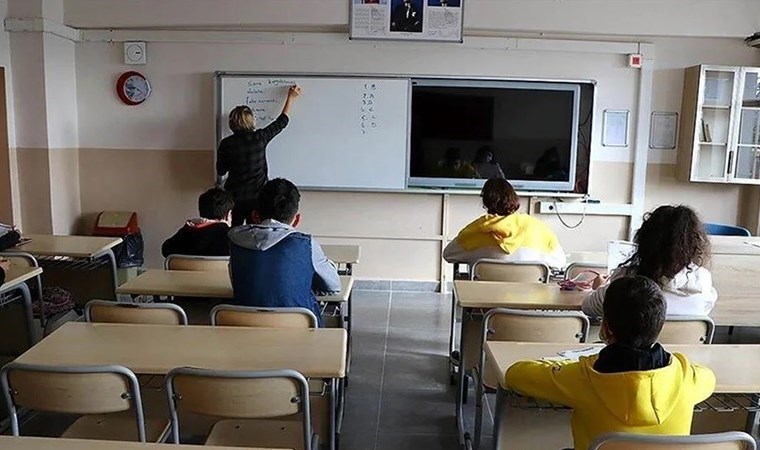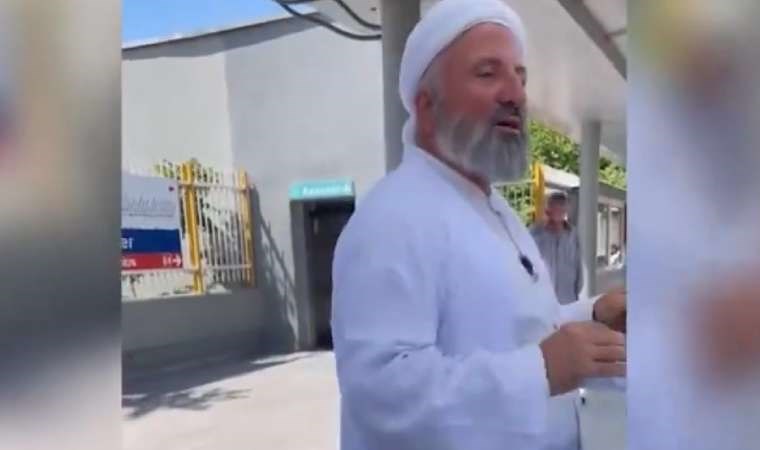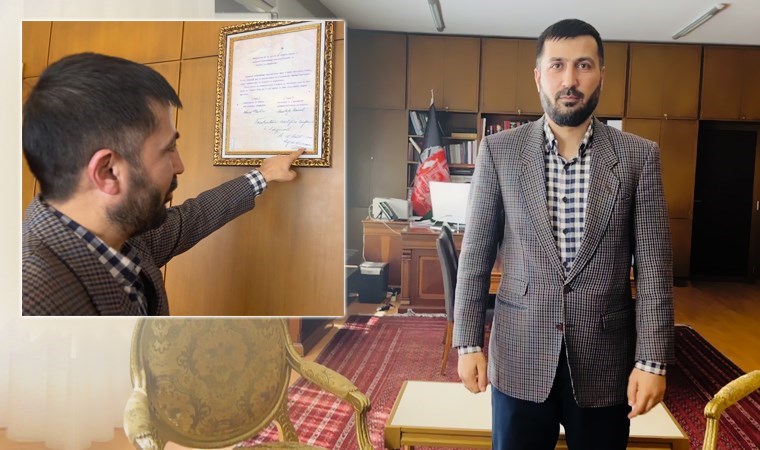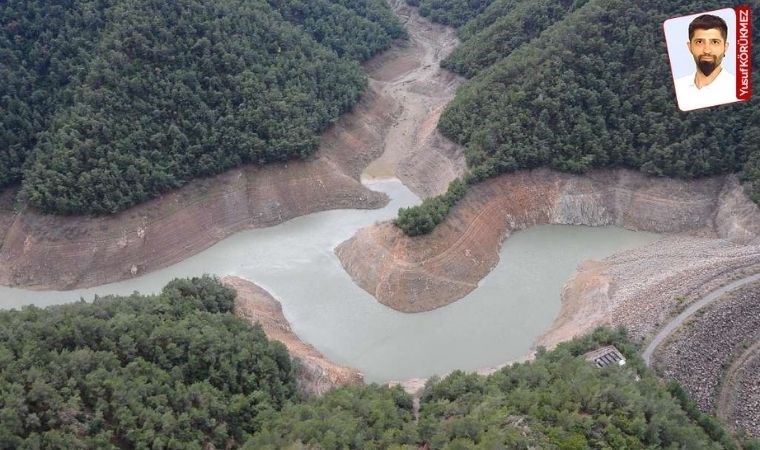Russia says 'no grounds' for extension of Black Sea grain deal
Russian Foreign Ministry says purpose of deal was distorted, Russian part was not implemented.

Russia sees no grounds for extending last year’s Black Sea Grain Initiative deal, which is set to expire in less than two weeks, the Kremlin said Tuesday.
Moscow, said a Foreign Ministry statement, is "making the necessary efforts in strict accordance with the rules of procedure so that all vessels participating in it can successfully complete their mission and leave the Black Sea" before July 17, when the deal expires.
Explaining the decision, the diplomatic service said the purpose of the deal was distorted, as instead of exports to Africa, the food was largely transported to "well-fed countries," and there was no progress on the Russian part of the deal. The decision also cited last month’s blast crippling the Togliatti-Odesa pipeline, built to carry exports of Russian fertilizers.
The ministry said that the ammonia pipeline blast "was designed on the pattern of the Nord Stream gas pipelines explosion" last September, hinting that the same forces are behind both acts of sabotage.
Türkiye, the UN, Russia, and Ukraine signed a deal in Istanbul last July to resume grain exports from three Ukrainian Black Sea ports which were halted after the start of the Ukraine war in February last year.
Last September, underwater explosions targeted the Nord Stream 1 and the newly built Nord Stream 2 pipelines, which delivered Russian natural gas to Germany and the European region through the Baltic Sea.
Moscow accuses the West, particularly the US, of being directly involved in the blasts. It called for a UN-led international investigation into the likely sabotage, but the request was rejected.
US media reports have suggested that Washington was aware of a Ukrainian plot to blow up the gas pipelines, but Kyiv has denied any involvement.
The Togliatti-Odesa ammonia pipeline was used for transporting supplies of ammonia (a widely used fertilizer) from the Russian city of Togliatti (Tolyatti) to Ukraine's port of Odesa, where it was loaded to vessels for further deliveries across the world. It was blown up on June 7, with Russia and Ukraine exchanging mutual accusations.
Moscow claims Kyiv’s armed forces mined and exploded the infrastructure after UN officials increased pressure on Ukraine demanding the resumption of supplies of Russian fertilizers.
Meanwhile, Oleh Synyehubov, the governor of Ukraine's northeastern Kharkiv region, said Russia's shelling of the region caused the leak.

En Çok Okunan Haberler
-
 Savunma sanayi firmalarının ürünleri, Din dersinde!
Savunma sanayi firmalarının ürünleri, Din dersinde!
-
 Akşener'den kurultayda 'veda' konuşması
Akşener'den kurultayda 'veda' konuşması
-
 Korhan Berzeg olayında yeni gelişme
Korhan Berzeg olayında yeni gelişme
-
 Kadınlara 'Cehennemde yanacaksınız' diye bağırdı
Kadınlara 'Cehennemde yanacaksınız' diye bağırdı
-
 Müsavat Dervişoğlu İYİ Parti Genel Başkanı oldu
Müsavat Dervişoğlu İYİ Parti Genel Başkanı oldu
-
 'Türkiye ilk etkilenenlerden olacak...’
'Türkiye ilk etkilenenlerden olacak...’
-
 Hazine ve Maliye Bakanlığı’ndan KDV zammı
Hazine ve Maliye Bakanlığı’ndan KDV zammı
-
 İYİ Parti'de tarihi kurultay: Seçim üçüncü tura kaldı!
İYİ Parti'de tarihi kurultay: Seçim üçüncü tura kaldı!
-
 Seçim ikinci tura kaldı
Seçim ikinci tura kaldı
-
 Rakı fiyatlarına büyük zam
Rakı fiyatlarına büyük zam
















